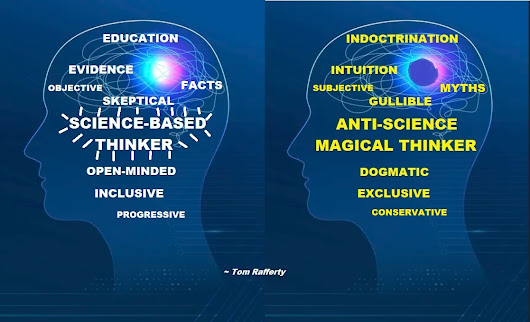"Few chemicals are more vilified than the herbicide glyphosate (Jun et al. 2023). Glyphosate, the active ingredient in weed control brands such as Roundup, has been used for decades, mostly without controversy (Duke 2018). Many farmers attribute their farms’ survival to glyphosate. Scientific consensus and fifty years of regulatory scrutiny continue to conclude that glyphosate is a relatively benign chemical, safe for use as directed, and poses next-to-no risk to humans (Solomon 2020). Yet media outlets repeat claims that glyphosate causes everything from autism to cancer to bee extinction. Recently, an article in the prominent medical journal Pediatrics recommended that trace dietary exposures should be avoided by children (Abrams et al. 2024).
"Why does a disparity exist between evidence and perception and between experts and 'experts'? How do we assess the benefits and any potential risks of glyphosate?"
I have posted on this subject several times and ignorance and disinformation persist. Click on the link below for the latest:


